Thoughts around thankfulness
Written by H, Posted in Christian Living, Published Work

We should get in the habit of gratitude
A.W. Tozer once said that, “gratitude is an offering precious in the sight of God. And it is one that the poorest of us can make and be not poorer but richer for having made it.” We often read throughout the Bible about the importance of thankfulness in our every day lives, but the reality is that most of us are more quick to take our blessings for granted than to show gratitude.
Thankfulness is an attitude
Thankfulness need not be an elaborate planned event – such as the Thanksgiving holiday we celebrate each year – thankfulness is something that once a spark is created, can turn into an ever-burning fire. It’s an attitude that we can cultivate, regardless of the time of year.
In his letter to the Philippians, Paul wrote, “I thank my God upon every remembrance of you,”. Consider your own thoughts for a moment. How often do we think of a particular someone throughout the day: A spouse, mother, father, child, sister, brother, niece, nephew, or even our co-workers? Chances are, we think of several or all of the aforementioned many times throughout the day. And yet, how often do we give thanks for them? Paul wrote that he thanked God on every remembrance of his friends. A prayer of thanks, no matter how short, so long as it is genuine, is heard by God.
Thankfulness is our duty
An attitude of gratitude is part of our calling as Christians. Did you know we have a duty to thankfulness? Paul wrote in his second letter to the church at Thessalonica that, “we are bound to give thanks always to God for you,” (2 Thessalonians 2:13). We are bound to give thanks! Despite the second epistle to the Thessalonians being written after a somewhat discouraging description of coming events, Paul exhorts fellow believers that we should be thankful to God for all His blessings and for what He has called us to. He is our Comforter, our Rock, our Buckler, our High Tower, our Salvation! His blessings are everlasting.
Not only should thankfulness be part of the Christian’s character, it’s something we should do unceasingly. We’re all familiar with 1 Thessalonians 5:16, “pray without ceasing,” and for some reason we don’t as easily remember the other “cease not” counsel found in Ephesians 1:15-16: “Wherefore I also, after I heard of your faith in the Lord Jesus, and love unto all the saints, cease not to give thanks for you, making mention of you in my prayers;” We should cease not to give thanks. We should get in the habit of gratitude.
“Thanks are the highest form of thought”
Small utterances of praise throughout the day can make all the difference in your life. As G.K. Chesterton said, “You say grace before meals. All right. But I say, grace before the concert and the opera, and grace before the play and the pantomime, and grace before I open a book, and grace before sketching, painting, swimming, fencing, boxing, walking, playing, dancing, and grace before I dip the pen in the ink.”
“I would maintain that thanks are the highest form of thought; and that gratitude is happiness doubled by wonder.”

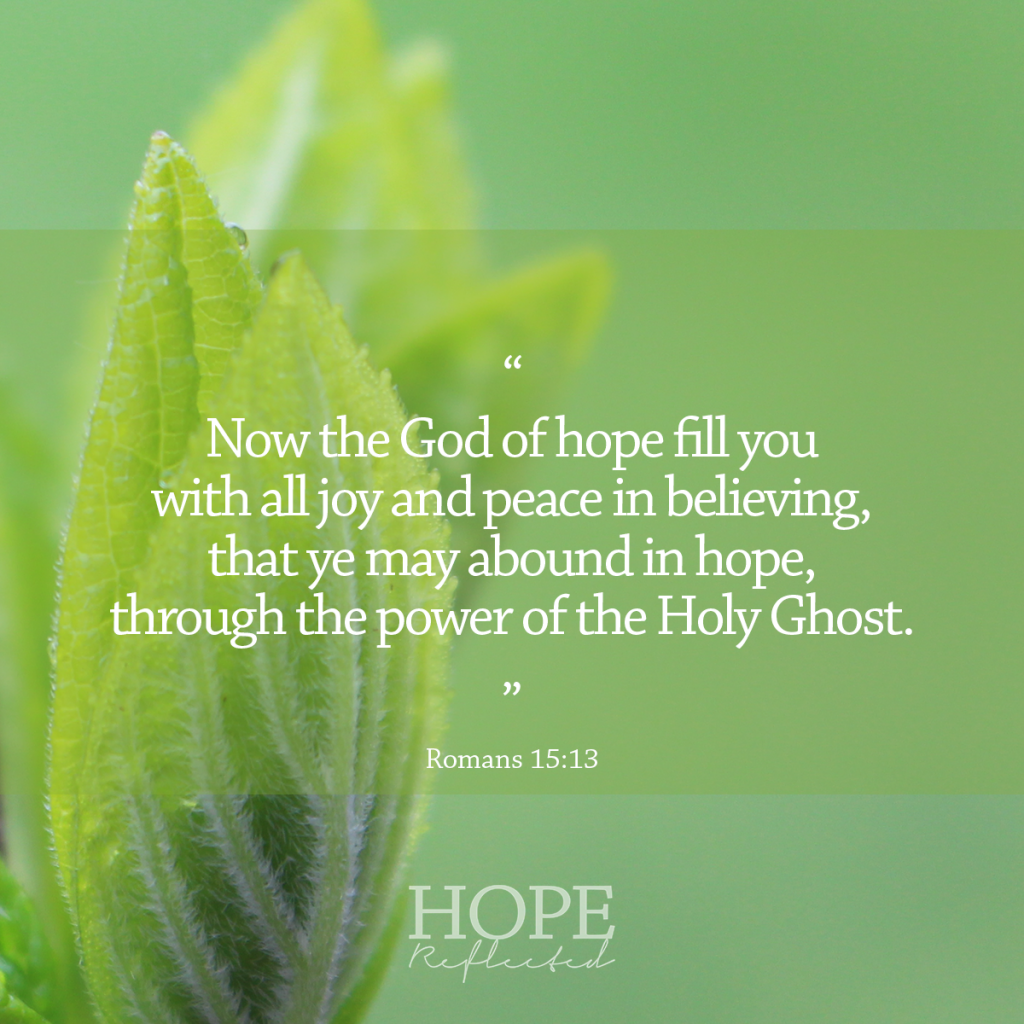

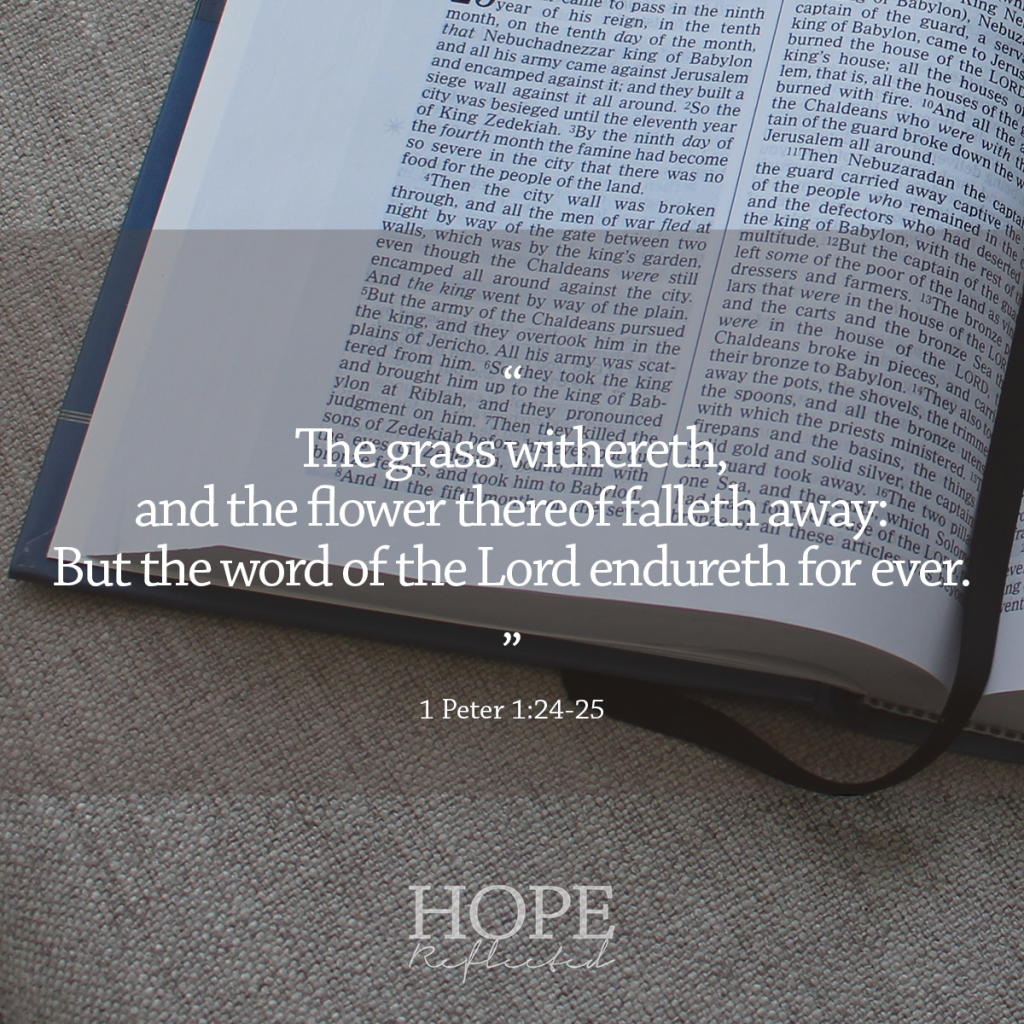


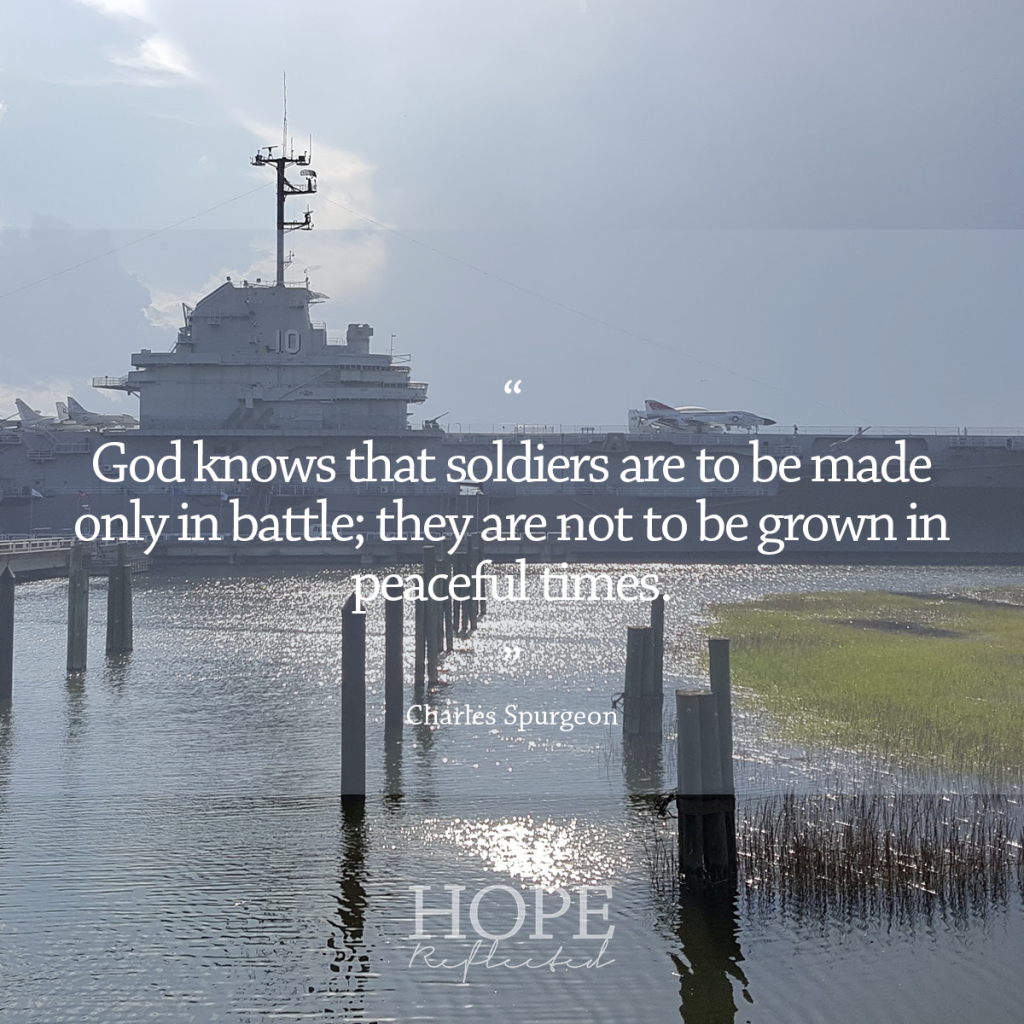
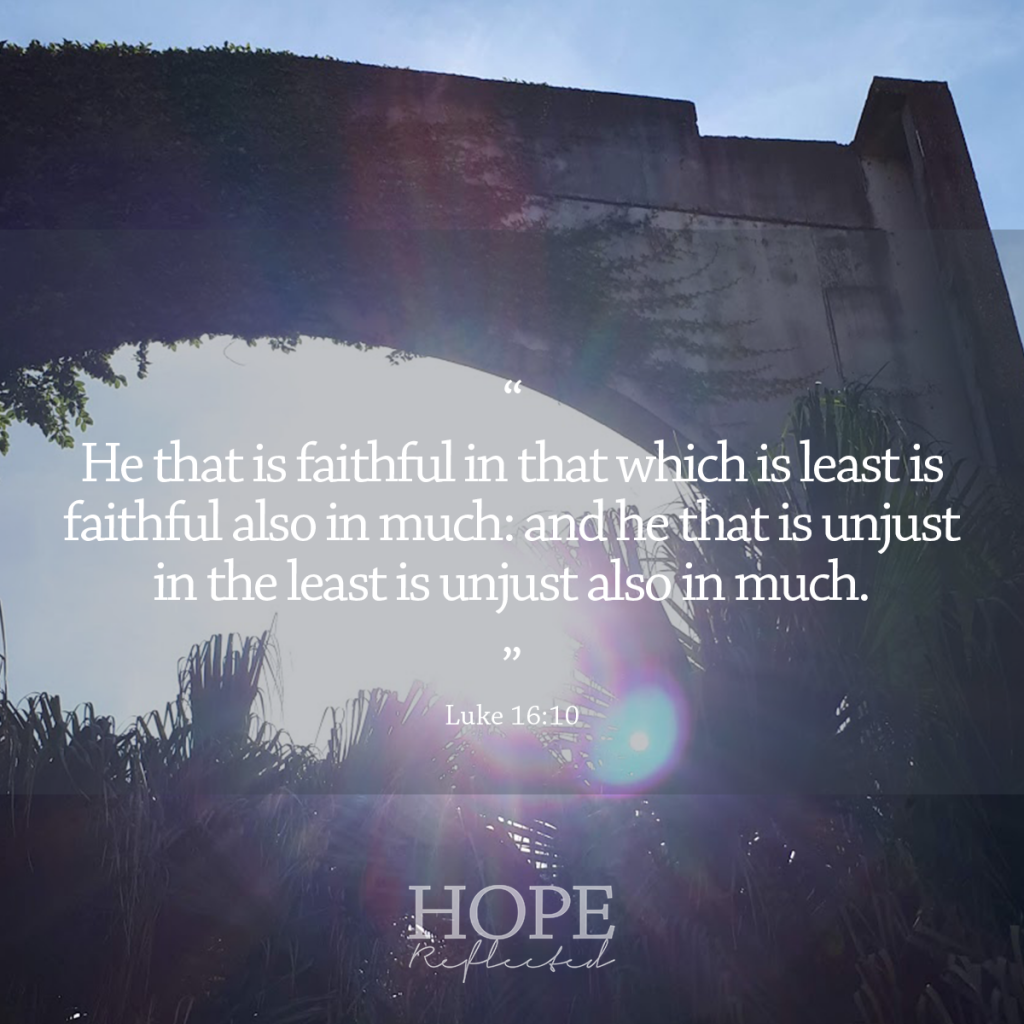
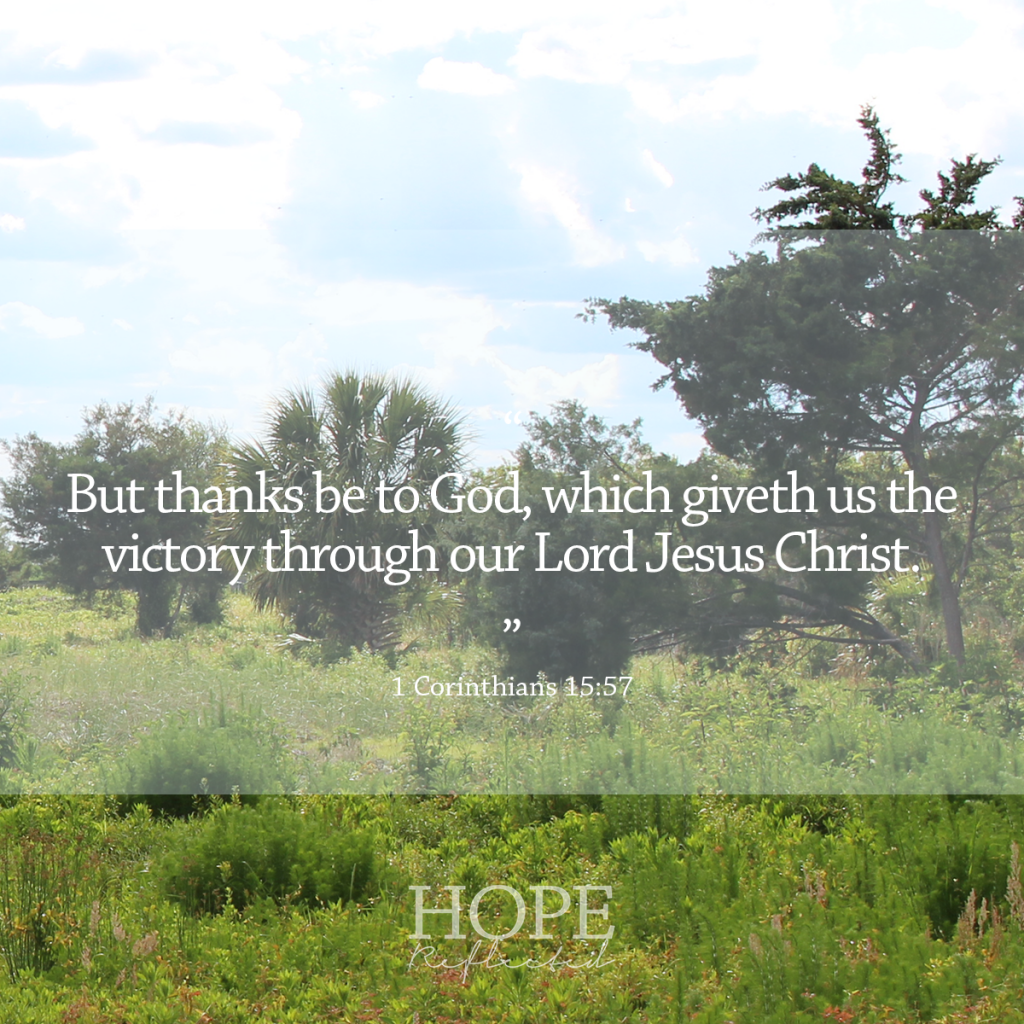


![False friends or counterfeit kindness; whatever you want to call it, the world is filled with people who will say one thing to your face and then another behind your back; people who will woo you in order to get something from you.
It’s sad, but it’s true.
The Bible provides us with examples from Joab to Judas, and yet, we’re surprised when we find ourselves deceived and hurt by someone else.
So what are some of the hallmarks of a true friend?
You can read more about this on hopereflected.com [Link in profile]
.
.
.
#friends #friendship #kindness #counterfeitkindness #hurt #proverbs #truefriends #hopereflected #blog #blogpost](https://www.hopereflected.com/wp-content/plugins/instagram-feed/img/placeholder.png)